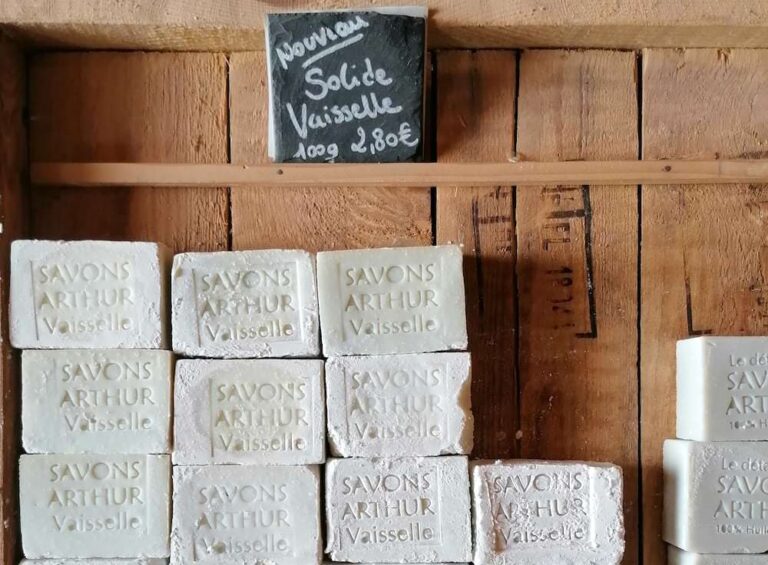French expressions with the pronoun “y”
The French pronoun “y” is versatile and plays a key role in everyday language. It often substitutes for a previously mentioned place, idea, or thing. Typically, “y” replaces a phrase introduced by the preposition “à” (meaning “to” or “at”) or indicates a location (meaning “there”).
Here’s a list of common French expressions using “y,” including their meanings and uses:
1. Rien que d’y penser
- Translation: Just thinking about it
- Explanation: This expression conveys the idea that merely thinking about something causes an emotional reaction, often fear or dread.
- Example:
- Rien que d’y penser, j’ai des frissons !
(Just thinking about it gives me shivers!)
2. Il y a
- Translation: There is / There are
- Explanation: This is one of the most common uses of “y”. The phrase indicates the presence of something or someone.
- Example:
- Il y a du monde à la fête.
(There are a lot of people at the party.)
3. Vas-y !
- Translation: Go ahead!
- Explanation: This is an encouraging expression that pushes someone to take action. It’s the imperative form of the verb “aller” (to go) with “y” referring to a previously mentioned task or place.
- Example:
- Si tu veux vraiment essayer, vas-y !
(If you really want to try, go ahead!)
4. Je m’y connais
- Translation: I know a lot about it
- Explanation: This expression is used when you’re confident or knowledgeable about a certain subject. The “y” refers to the subject matter you’re talking about.
- Example:
- En informatique, je m’y connais.
(When it comes to computers, I know my stuff.)
5. J’y tiens
- Translation: I care about it / It’s important to me
- Explanation: Here, “y” refers to something of emotional or personal value to the speaker.
- Example:
- C’est un projet important, j’y tiens beaucoup.
(This is an important project, I care about it a lot.)
6. S’y faire
- Translation: To get used to it
- Explanation: This is a reflexive expression meaning to become accustomed to a new situation or circumstance.
- Example:
- Il a déménagé récemment, mais il s’y fait petit à petit.
(He moved recently, but he’s getting used to it little by little.)
7. Je n’y suis pour rien
- Translation: It’s not my fault
- Explanation: This phrase is used to disclaim responsibility for something.
- Example:
- Si quelque chose ne va pas, je n’y suis pour rien.
(If something goes wrong, it’s not my fault.)
8. S’y prendre
- Translation: To go about it / To handle it
- Explanation: This expression describes the method or approach someone uses to tackle a task.
- Example:
- Il s’y prend mal pour réparer le vélo.
(He’s going about fixing the bike the wrong way.)
9. Ça y est !
- Translation: That’s it! / It’s done!
- Explanation: This phrase is often used to express satisfaction when something is finished or resolved.
- Example:
- Ça y est, j’ai fini mon travail.
(That’s it, I’ve finished my work.)
10. Y aller doucement
- Translation: To take it easy
- Explanation: This phrase suggests proceeding cautiously or taking things slowly.
- Example:
- Tu devrais y aller doucement avec ton nouveau travail.
(You should take it easy with your new job.)
11. Y compris
- Translation: Including
- Explanation: This phrase means “included” and is often used in lists or to emphasize the inclusion of something or someone.
- Example:
- Tous les invités sont venus, y compris Jean.
(All the guests came, including Jean.)
12. Ne plus y tenir
- Translation: To not be able to stand it anymore
- Explanation: This expression describes the feeling of no longer being able to tolerate or endure a situation.
- Example:
- Il faisait si chaud que je ne pouvais plus y tenir.
(It was so hot that I couldn’t stand it anymore.)
13. S’y mettre
- Translation: To get started / To get to work on something
- Explanation: This phrase is used when someone is about to begin a task or make an effort to accomplish something.
- Example:
- Il faut vraiment que je m’y mette si je veux finir ce projet à temps.
(I really need to get started if I want to finish this project on time.)






